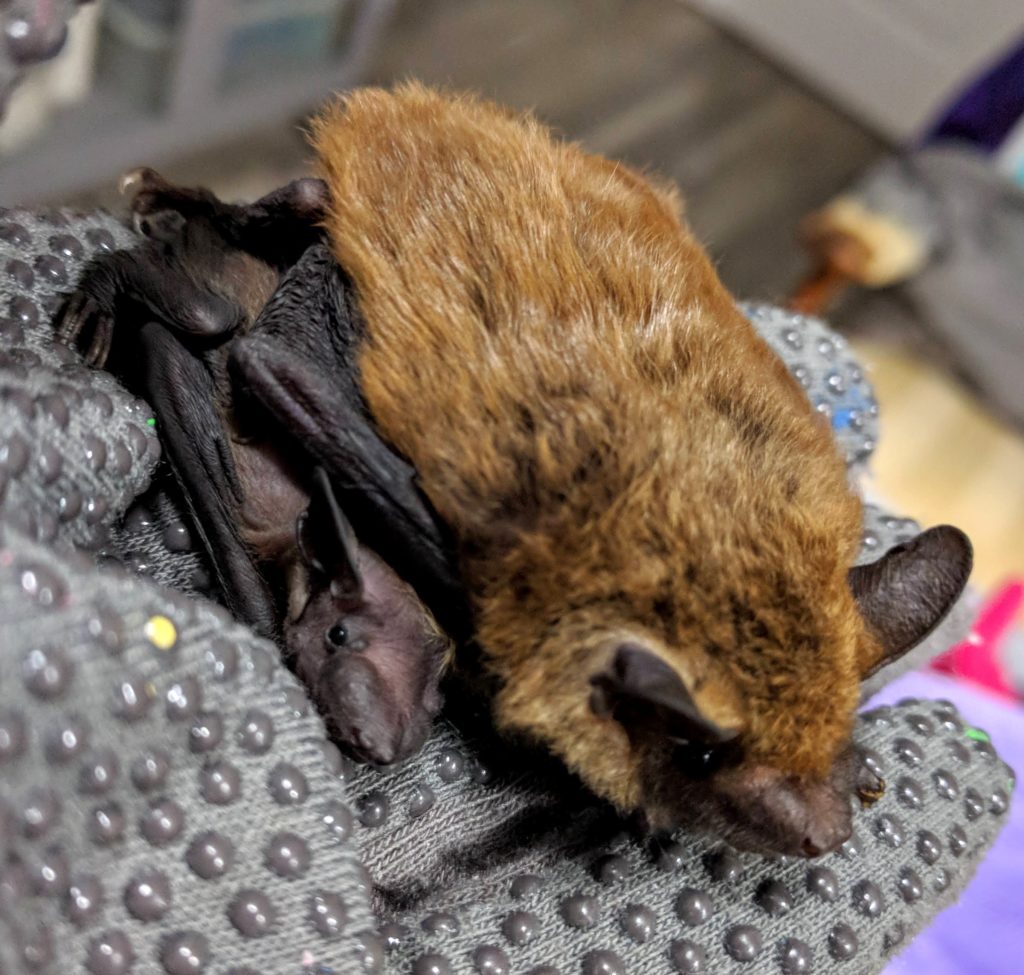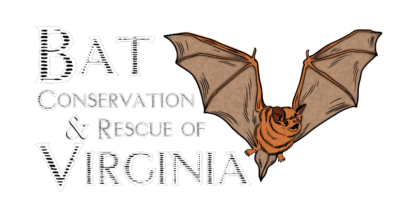
As we alerted you a couple days ago, there is a bill in front of the Virginia House of delegates, SB 1390, that authorizes anyone to release feral cats onto the landscape. We understand the reasoning behind the bill as it protects animal shelters and their volunteers who administer feral cat projects. But the bill has serious issues.
There are no guidelines or guardrails on the bill, it authorizes ANYONE to establish a feral cat release project ANYWHERE and offers NO protection for Virginia’s wildlife.
We know that all of you are animal lovers and many have beloved cats of your own, but it is terribly unfair to ask our delicate, declining, and endangered bat species in Virginia to die at the claws and teeth of domestic cats.
It’s hard for me, a cat lover, to face the wanton destruction cats visit on bats, but it is a fact that bats suffer from free ranging cats. Let me spell it out for any who are unsure--cats are a nonnative predator that do incredible damage to bats. Every summer we get cat caught females that are lactating. Even if we can save that bat’s life, there are at least two babies out there, somewhere, starving to death that we will never find. But we often don’t get the chance to try to save a life with cat caught bats, because if the cat is known, even if it’s a feral, we have to have the bat tested for rabies, which is fatal for the bat. These mothers are never rabid; they are nursing and staying close to home to feed their babies.
Bats are under incredible pressure from introduced cats all over the world, including the US. Acillotto et al (2013) found that almost 30% of bats admitted to Italian wildlife rescue centers were cat victims. In the UK, Bat Conservation Trust found that 250,000 bats per year died as a result of cat attack (Floyd & Underhill-Day, 2013). In Jamaica, one of the world’s most endangered bats is under threat of extinction from cats (Bat Conservation International). A single cat was responsible for killing at least 102 critically endangered short tailed bats in New Zealand (Scrimgeour et al., 2012). In Pennsylvania, cats preyed on endangered Indiana bats as they exited a well known roost and study site (C. Butchkoski, pers. comm, 2007).
We cannot allow this level of destruction to increase in Virginia, where half of our native species are listed as threatened or endangered and the rest are in decline.
Please contact your state delegate TODAY and ask them to vote against SB 1390. They are voting next week. Remind them that:
- Allowing anyone to establish a feral cat feeding station with no oversight or restrictions on placement will put endangered bats in direct conflict with large numbers of free roaming predators and will risk delicate remnant bat populations.
- Virginia’s endangered bats are found throughout the state, from the mountains in the west to the eastern coast, and in every town and city in the Commonwealth.
- Bats and other native wildlife are not adapted to cats because cats are a nonnative predator introduced by settlers from Europe.
- Even well fed cats, whether owned or feral, hunt and kill or maim wildlife.
Here is a portal to leave comments for your delegate. Scroll down to SB1390.
Here is a link to find out who your delegate is and to find their contact information.
Here is a a one page fact sheet to share
If your delegate is a member of the Agriculture, Chesapeake, and Natural Resources committee, please call! Personal contact is very powerful.
Bats need you!
#BatsNeedFriends #BatRescue #EndangeredBats
Huge thanks to Mylea Bayliss of Bat Conservation International for assistance with literature and great conversation.
References:
Leonardo Ancillotto, Maria Tiziana Serangeli, Danilo Russo, Curiosity killed the bat: Domestic cats as bat predators ,Mammalian Biology, Volume 78, Issue 5,2013,Pages 369-373, https://doi.org/10.1016/j.mambio.2013.01.003J
Bat Conservation International, About Bats, https://www.batcon.org/bat/phyllonycteris-aphylla-2/
Floyd, L., Underhill-Day, J. C. (2013). Literature Review on the effects of cats on nearby protected wildlife sites. Unpublished report by Footprint Ecology for Breckland Council.
Scrimgeour, A Beath & M Swanney (2012) Cat predation of short-tailed bats (Mystacina tuberculata rhyocobia) in Rangataua Forest, Mount Ruapehu, Central North Island, New Zealand, New Zealand Journal of Zoology, 39:3, 257-260, DOI: 10.1080/03014223.2011.649770

4 Replies to “A Plea from President Leslie”
Please protect these bats.
?
Think carefully before signing this bill. It will do irreparable damage to crops,and the environment.
Besides damage to the environment and crops,it will eradicate the bats that are a very important to our environment as a whole. The feral cats will do more harm than good .